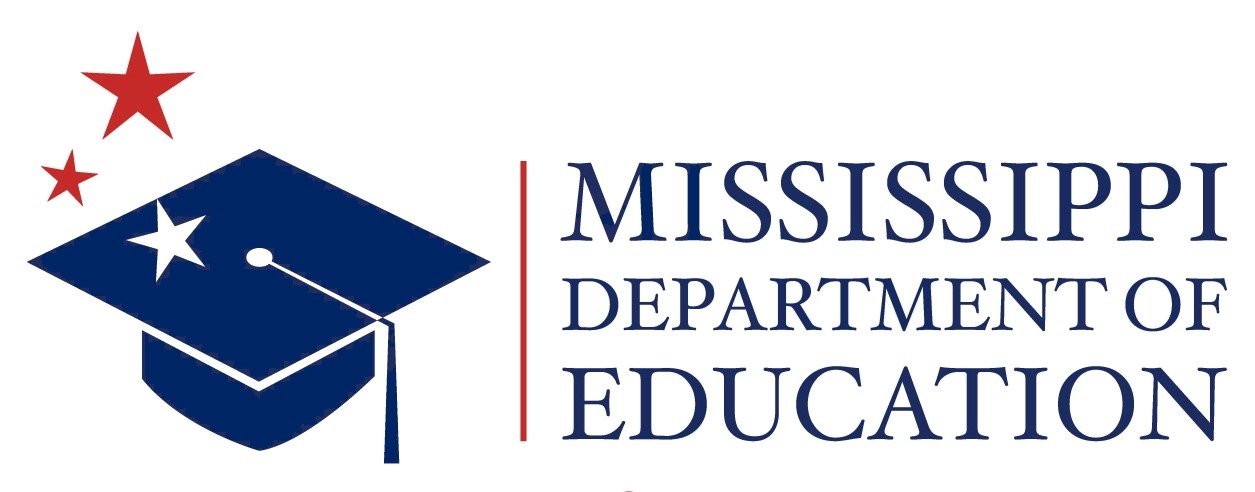NEWS RELEASE
For Immediate Release: September 2, 2020
JACKSON, Miss. – The year 2020 has without question been the most professionally and personally demanding time for educators, parents, and students in at least the last 50 years. Since mid-March, local and state education policy makers have been working tirelessly to adapt to and overcome previously uncontemplated challenges.
Fifteen years ago, while I was working as Gov. Haley Barbour’s education advisor, Mississippi was hit with the economic and physical devastation of Hurricane Katrina. The state’s collective response had a definite beginning and a measurable end, which for me and other education leaders meant getting all schools started back as quickly as possible. While most people would place the start of the COVID-19 pandemic around mid-March, six months later, no one knows when and how this will end.
I believe the state and federal governments have by and large seized the opportunity to take advantage of this ongoing disruption to our normal lives and used the economic strength of the United States to create opportunities for innovation. The clearest example of leaning into the crisis is the Mississippi Legislature’s and Gov. Tate Reeves’ efforts to provide significant CARES Act funding for broadband infrastructure for citizens with little to no broadband access and for the purchase and distribution of wi-fi enabled devices, such as tablets and computers. These devices will prepare Mississippi’s students for future distance learning requirements. Just as students learned from textbooks 100 years ago, and classroom computers became common 20 years ago, providing students with their own learning devices is the next logical progression in education.
Senate Bill 3044, or the “Equity in Distance Learning Act,” provides funding to each district based on enrollment to be used as a match for the purchase of devices and technology for students and teachers to engage in distance education. The bill was passed in the first week of July and requires that close to 390,000 devices be procured and disseminated to the 150 districts and special schools participating across our 82 counties. This is a monumental logistical mountain to climb for any entity. There are still many hurdles to overcome, but I remain confident that we will be successful in the implementation and execution of this effort, according to the law. The stakes are too high not to be.
I’ve thought about this enormous effort in three phases. Phase One, in which we are currently, includes contracting with companies capable of meeting the legal mandates and deploying devices to local districts by this fall as prescribed by law. Phase Two is equally important. This professional development stage, already in progress, will ensure local educators, parents, and students will get the training they need to effectively use the devices. Phase Three may be the most difficult but has the potential to elevate the aspirations of what we will come to expect from our educational enterprise. In this phase, with a connected populace, no student would have to be denied access to a rigorous curriculum because of a critical teacher shortage. Students across the state will be connected into bigger and better ideas as they prepare to become engaged citizens increasingly prepared for the workforce of tomorrow.
As Chairman of the Mississippi State Board of Education, I consider it one of my most critical responsibilities to ensure the effectiveness and efficiency of this program. I, along with the other Board Members, have worked closely with the capable staff at the Mississippi Department of Education to develop policies and oversight to ensure these assets will be deployed for their intended use. Policies have been developed that include accountability metrics to ensure the taxpayers’ investments are protected to the greatest extent reasonably possible. We should all also expect a return on this investment in the future of our state’s youngest citizens measured in terms of increased student achievement, more civic engagement, higher graduation rates, and better workforce outcomes.
I’ve heard a word used frequently lately that I think is appropriate for the current environment we find ourselves in — grace. No one has all the answers, and if they say they do, be suspicious. But we cannot let the perfect be the enemy of the good. This is a paradigm-shifting opportunity for students in our state. There are mountains to climb to get there, but rest assured the destination is worth the effort.
Dr. Jason Dean is the chair of the Mississippi State Board of Education.
Media Contact:
Patrice Guilfoyle, APR
Director of Communications
601-359-3515
pguilfoyle@mdek12.org
Jean Cook, APR
Director of Public Relations
601-359-3515
jcook@mdek12.org



